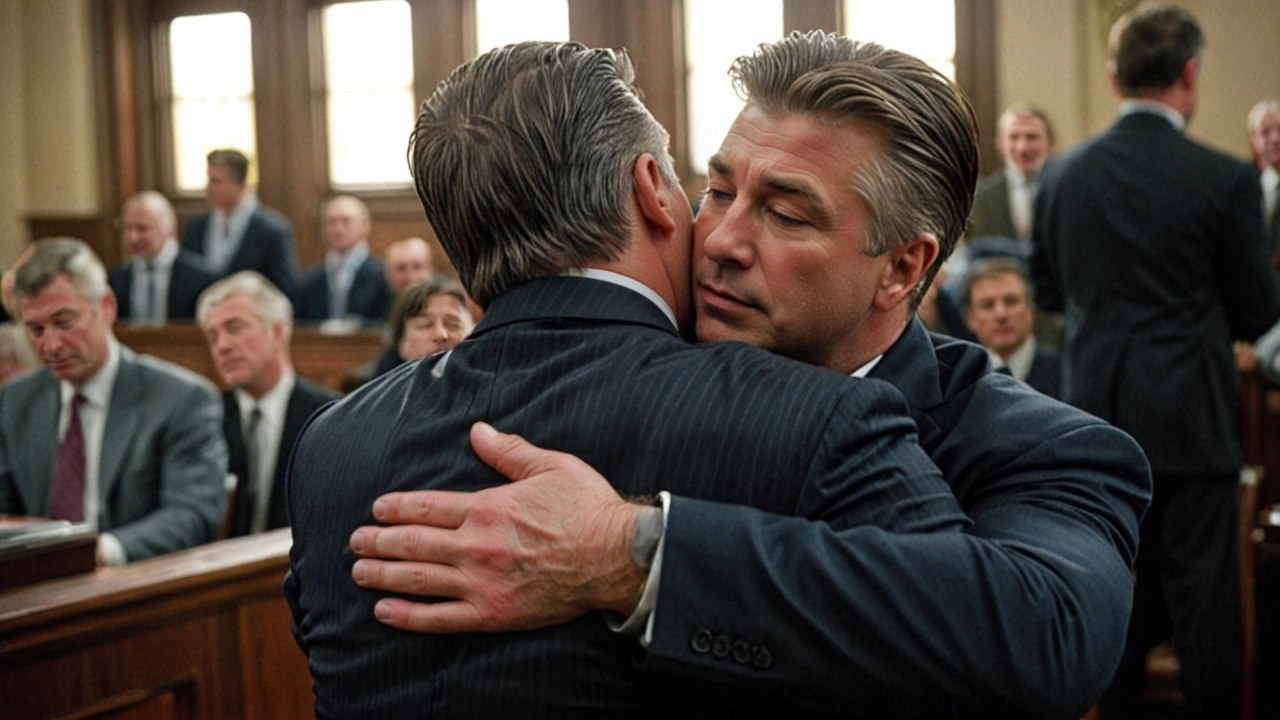Involuntary Manslaughter: Clear Steps, Real Risks
One careless moment can change lives forever — and turn a mistake into a criminal charge. Involuntary manslaughter covers cases where someone's death results from negligence or an unlawful act, but without the intent to kill. Knowing what the charge means, how it differs from other crimes, and what to do fast can make a real difference.
What is involuntary manslaughter?
At its core, involuntary manslaughter means causing death without intent. That can happen two ways: through a negligent act (like a drunk driving crash) or through an unlawful but not intentionally deadly act (for example, throwing a heavy object during a fight and someone dies). The prosecution must show your act caused the death and that it was criminally careless or dangerous.
Terms vary by country. In South Africa the closest charge is "culpable homicide," which focuses on negligent killing. In the UK you’ll hear "gross negligence manslaughter" or "unlawful act manslaughter." In the US definitions change by state, with some using "involuntary manslaughter" and others splitting negligent and reckless killings into different categories.
How it differs from murder and other charges
Intent separates murder from involuntary manslaughter. Murder requires the intent to kill or serious intent to cause harm. Involuntary manslaughter does not. Compared to theft or assault, this charge deals with death as the outcome, not loss or injury. Because intent is absent, penalties are usually lighter than murder but still severe — especially when alcohol, drugs, or gross recklessness are involved.
Another key difference is causation. The state must link your actions directly to the death. If a chain of events or another person’s conduct breaks that link, a manslaughter charge can fall apart.
Typical penalties vary a lot. Sentences can range from community service or probation to many years in prison. Judges look at harm caused, degree of negligence, prior record, and whether you showed remorse or tried to help the victim after the incident.
Common defenses include arguing lack of causation, proving the act was a tragic accident without criminal negligence, showing you acted in lawful self-defence, or demonstrating that another party's actions were the real cause. For the best chance, gather evidence quickly: witness statements, photos, CCTV, phone records, and medical reports.
If you or someone close to you faces this charge, act fast. Don’t answer police questions without a lawyer. Preserve any evidence and write down everything you remember while it’s fresh. A defence lawyer will assess whether to seek dismissal, negotiate a lesser charge, or prepare for trial. In many cases early defence work reduces penalties or avoids prison.
Involuntary manslaughter is serious but complex. Know your rights, move quickly to collect facts, and get legal help. If you need info specific to South African law or local procedures, look for a criminal defence attorney who knows the local courts and sentencing trends.

Santa Fe Judge Dismisses Involuntary Manslaughter Case Against Alec Baldwin
On July 13, 2024, Judge Mary Marlowe Sommer from Santa Fe delivered a surprising decision by dismissing the involuntary manslaughter case against Alec Baldwin. His attorneys' last-minute motion led to this pivotal decision, drawing an end to a highly publicized legal battle. Baldwin was represented by his attorney Alex Spiro.